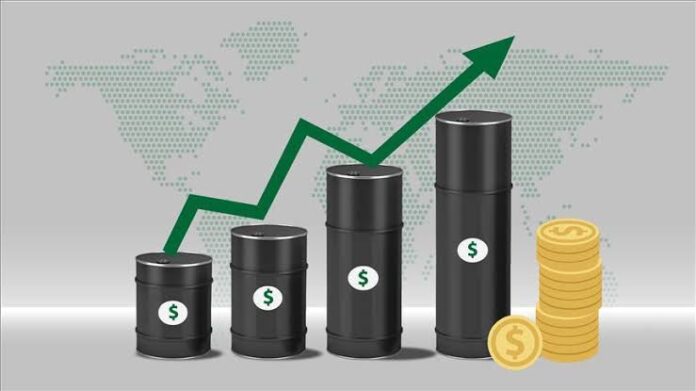The Organization of the Petroleum Exporting Countries and its allies (OPEC+) have agreed to increase oil production by 411,000 barrels per day starting June 2025, sending shockwaves through the global oil market.
As a result, Brent crude prices have fallen below the $60 per barrel mark, trading at $59.66 per barrel, while US benchmark West Texas Intermediate (WTI) crude declined to $56.46 per barrel.
Reasons Behind the Production Increase
The decision to boost production is attributed to several factors, including internal compliance challenges within OPEC+ and changing global demand patterns. Some member countries have consistently exceeded their assigned quotas, undermining the effectiveness of the organization’s supply management strategy. Saudi Arabia, the de facto leader of OPEC+, has signaled a shift in priorities, abandoning its $100 per barrel price target and opting for higher production volumes at lower prices.
Market Implications
The production increase has injected significant volatility into oil markets, with daily price fluctuations exceeding 3% becoming increasingly common. Energy analysts warn of a sustained oversupply situation, potentially creating a downward pressure on prices through 2025 and beyond. Goldman Sachs has revised its oil market forecasts, predicting a sustained oversupply of approximately 1.8 million barrels per day through year-end 2025.
Impact on Global Economy
Lower oil prices have far-reaching implications for the global economy. While oil-importing nations may benefit from reduced inflation and increased economic activity, oil-exporting countries face significant fiscal challenges. Countries heavily dependent on hydrocarbon exports, such as Saudi Arabia, Russia, and Venezuela, may experience increased budgetary pressures and potential domestic instability.
Budget Break-Even Prices for Oil-Exporting Countries:
Saudi Arabia: $78 per barrel, with a budget impact of $2.1 billion annually per $1 change in oil price
Russia: $68 per barrel, with a budget impact of $1.7 billion annually per $1 change in oil price
UAE: $65 per barrel, with a budget impact of $850 million annually per $1 change in oil price
Iraq: $87 per barrel, with a budget impact of $1.2 billion annually per $1 change in oil price
Nigeria: $93 per barrel, with a budget impact of $400 million annually per $1 change in oil price
The shift in OPEC+ strategy may represent a fundamental reassessment of the cartel’s approach to market management, potentially signaling a longer-term strategic shift rather than a temporary adjustment.








